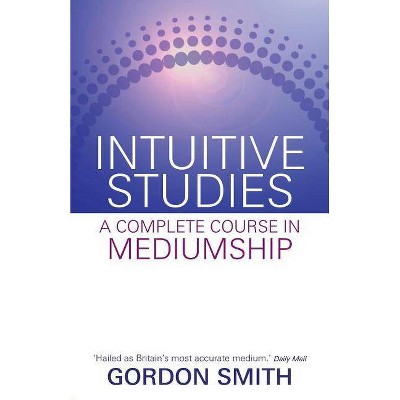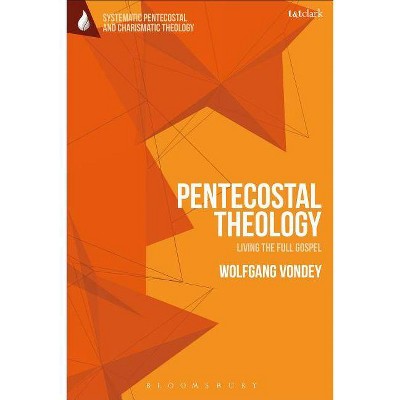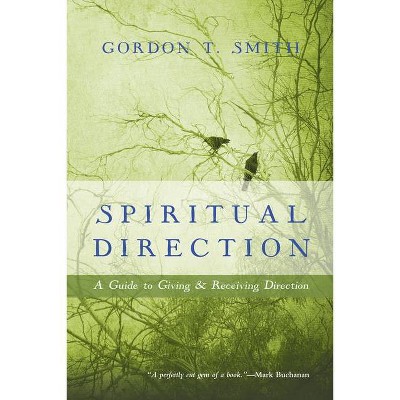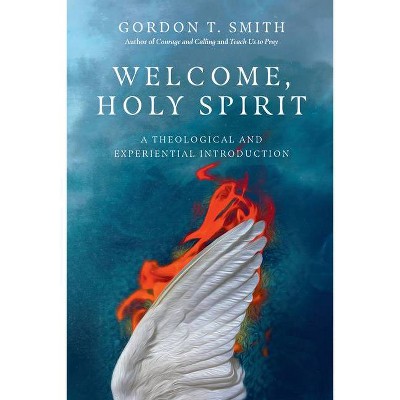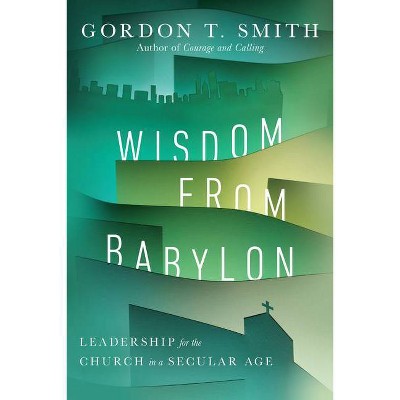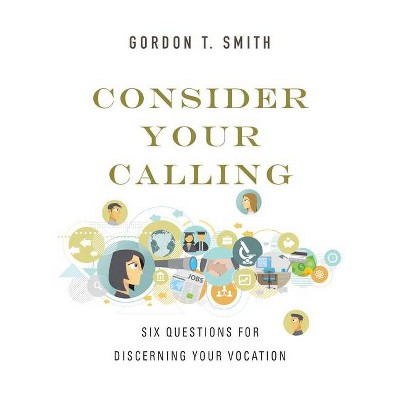Evangelical, Sacramental, and Pentecostal - by Gordon T Smith (Paperback)
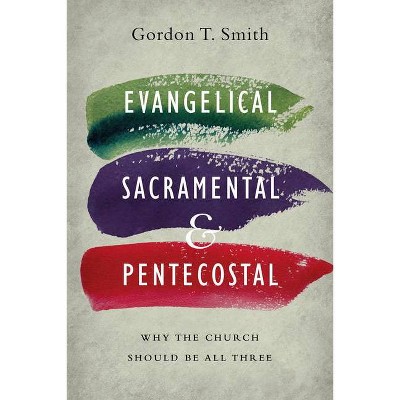
Similar Products
Products of same category from the store
AllProduct info
<p/><br></br><p><b> About the Book </b></p></br></br><p>Christians tend to divide into three camps: evangelical, sacramental, and pentecostal. But must we choose between them? Drawing on the New Testament, Christian history, and years of experience in Christian ministry, Gordon T. Smith argues that the church not only <em>can</em> be all three, but in fact <em>must</em> be all three in order to truly be the church.</p><p/><br></br><p><b> Book Synopsis </b></p></br></br><p>Evangelical. Sacramental. Pentecostal. Christian communities tend to identify with one of these labels over the other two. Evangelical churches emphasize the importance of Scripture and preaching. Sacramental churches emphasize the importance of the eucharistic table. And pentecostal churches emphasize the immediate presence and power of the Holy Spirit. But must we choose between them? Could the church be all three? Drawing on his reading of the New Testament, the witness of Christian history, and years of experience in Christian ministry and leadership, Gordon T. Smith argues that the church not only <em>can</em> be all three, but in fact <em>must</em> be all three in order to truly be the church. As the church navigates the unique global challenges of pluralism, secularism, and fundamentalism, the need for an integrated vision of the community as evangelical, sacramental, and pentecostal becomes ever more pressing. If Jesus and the apostles saw no tension between these characteristics, why should we?</p><p/><br></br><p><b> Review Quotes </b></p></br></br><br><p>Excited by Smith's call for a more robust church life, I believe this book can be a tool for the church to become more of what it is called to be--both through more balanced fellowship practices and through healthier ecumenical cooperation and relationship. It provides a solid starting point for churches.</p>--Mbherald.com, July 31, 2017<br><br><p>Gordon T. Smith, president of Ambrose University in Canada, has an exciting and promising proposal in his new book <em>Evangelical, Sacramental, and Pentecostal: Why the Church Should Be All Three</em>. Smith has fashioned a beautiful vision for the unity and interdependence of these major streams of the church. . . . What Smith offers is no airy-fairy ecumenical project. His point is not simply that we can learn from different traditions, but rather that we <em>need</em> each other to survive and thrive in the modern world.</p>--Michael Bird, Christianity Today, April 2017<br><br><p>Smith's book will act as a good introduction for Bible-believing Christians to embrace the sacramental and pentecostal approaches.</p>--Pye Chew, Faith Today<br>
Price History
Price Archive shows prices from various stores, lets you see history and find the cheapest. There is no actual sale on the website. For all support, inquiry and suggestion messagescommunication@pricearchive.us
